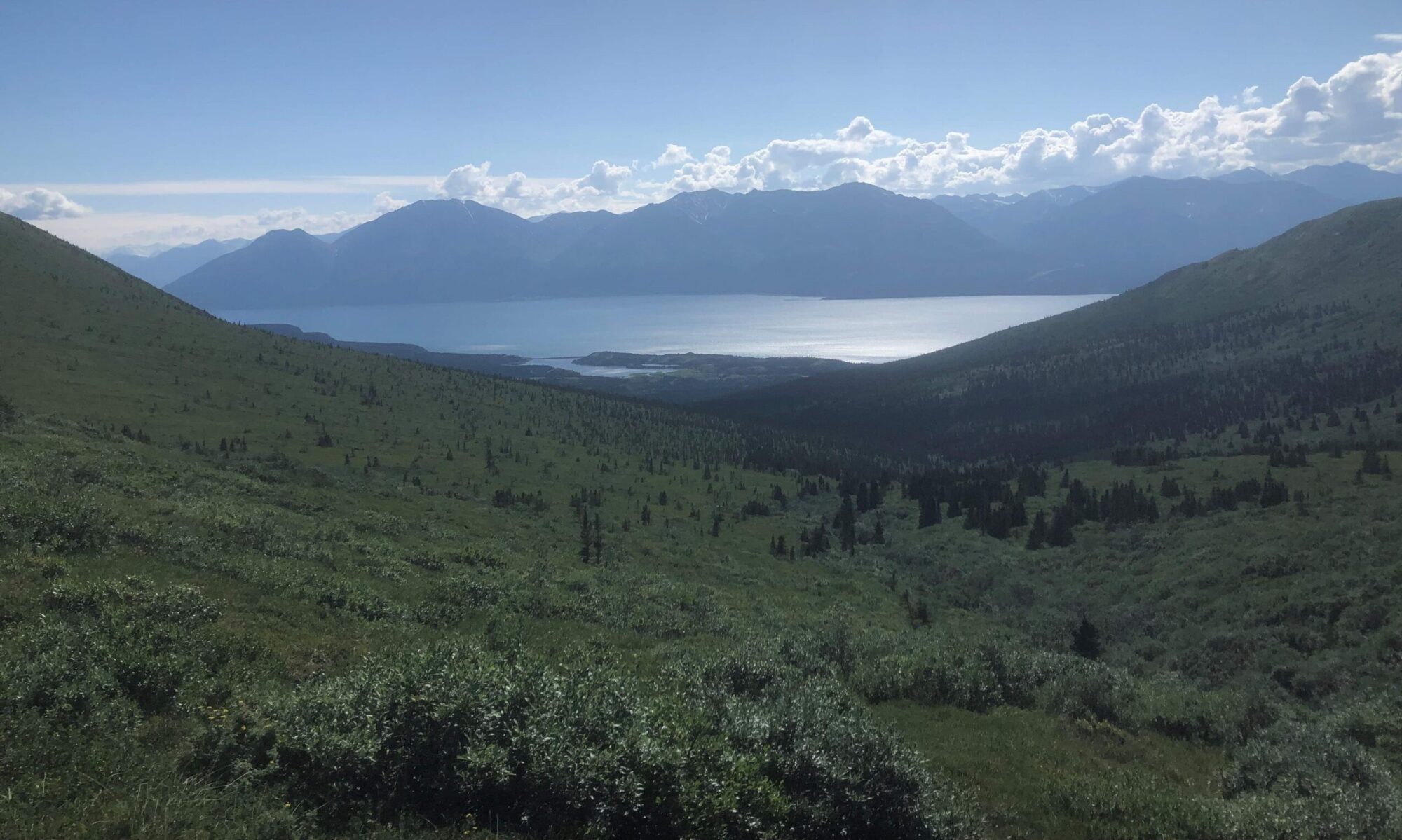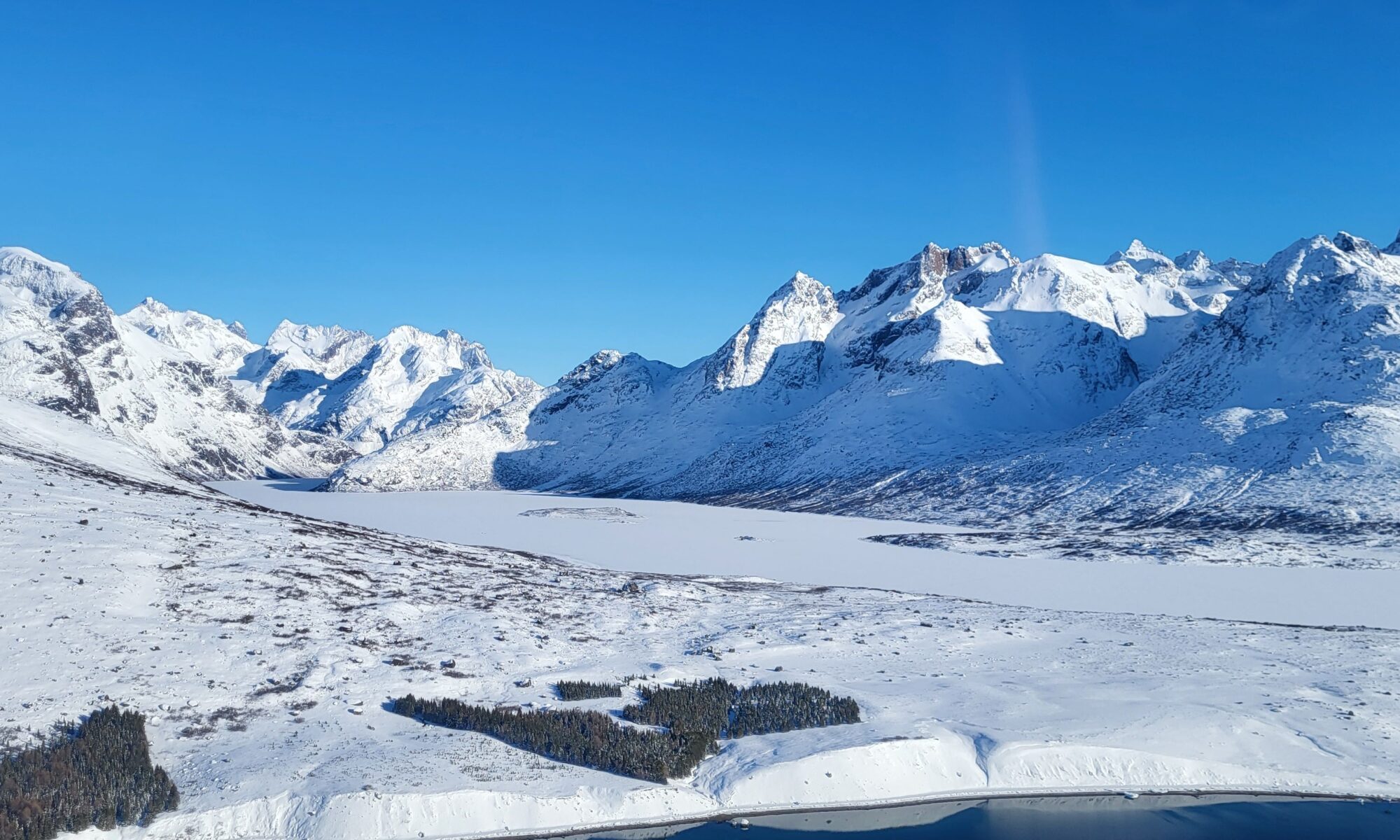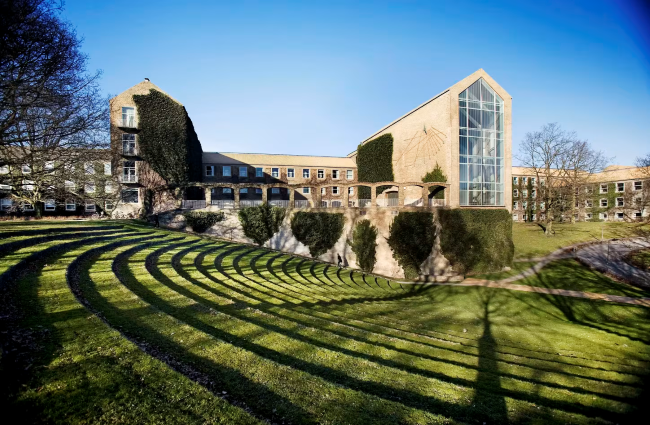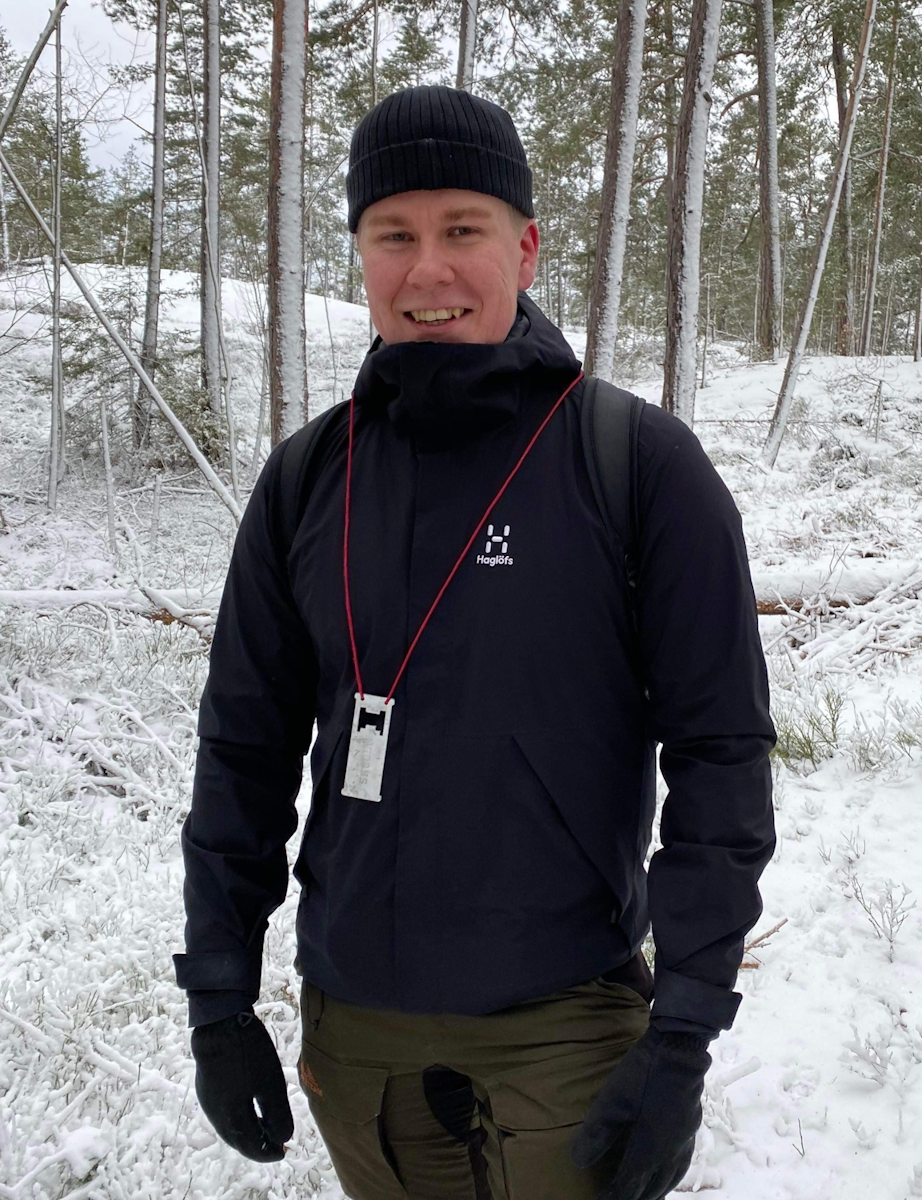In a paper recently published in Nature Geoscience, a group of international researchers including some NordBorN members argue that tree planting at high latitudes will accelerate, rather than decelerate, global warming.
As the climate continues to warm, trees can be planted further and further north, and large-scale tree-planting projects in the Arctic have been championed by governments and corporations as a way to mitigate the worst effects of climate change. However, when trees are planted in treeless tundra and mires, as well as large areas of the boreal forest with relatively open tree canopies, they can make global warming worse. In northern regions, tree planting can result in net warming due to increased surface darkness (decreased albedo) that can counteract potential mitigation effects from carbon storage. In addition, tree planting disturbs pools of soil carbon, which store most of the carbon in cold ecosystems, and has negative effects on native Arctic biota and livelihoods. Although there might be other reasons for planting trees, tree planting is not a valid climate-warming-mitigation strategy and we warn against a narrow focus on biomass carbon storage.
You can read the full paper here.
Reference: Kristensen, J.Å., Barbero-Palacios, L., Barrio, I.C., Jacobsen, I.B., Kerby, J.T., López-Blanco, E., Malhi, Y., Le Moullec, M., Mueller, C.W., Post, E. and Raundrup, K., 2024. Tree planting is no climate solution at northern high latitudes. Nature Geoscience, 17(11):1087-1092. https://doi.org/10.1038/s41561-024-01573-4
Photo: conifer plantations in Greenland (credit: Mathilde Le Moullec)



